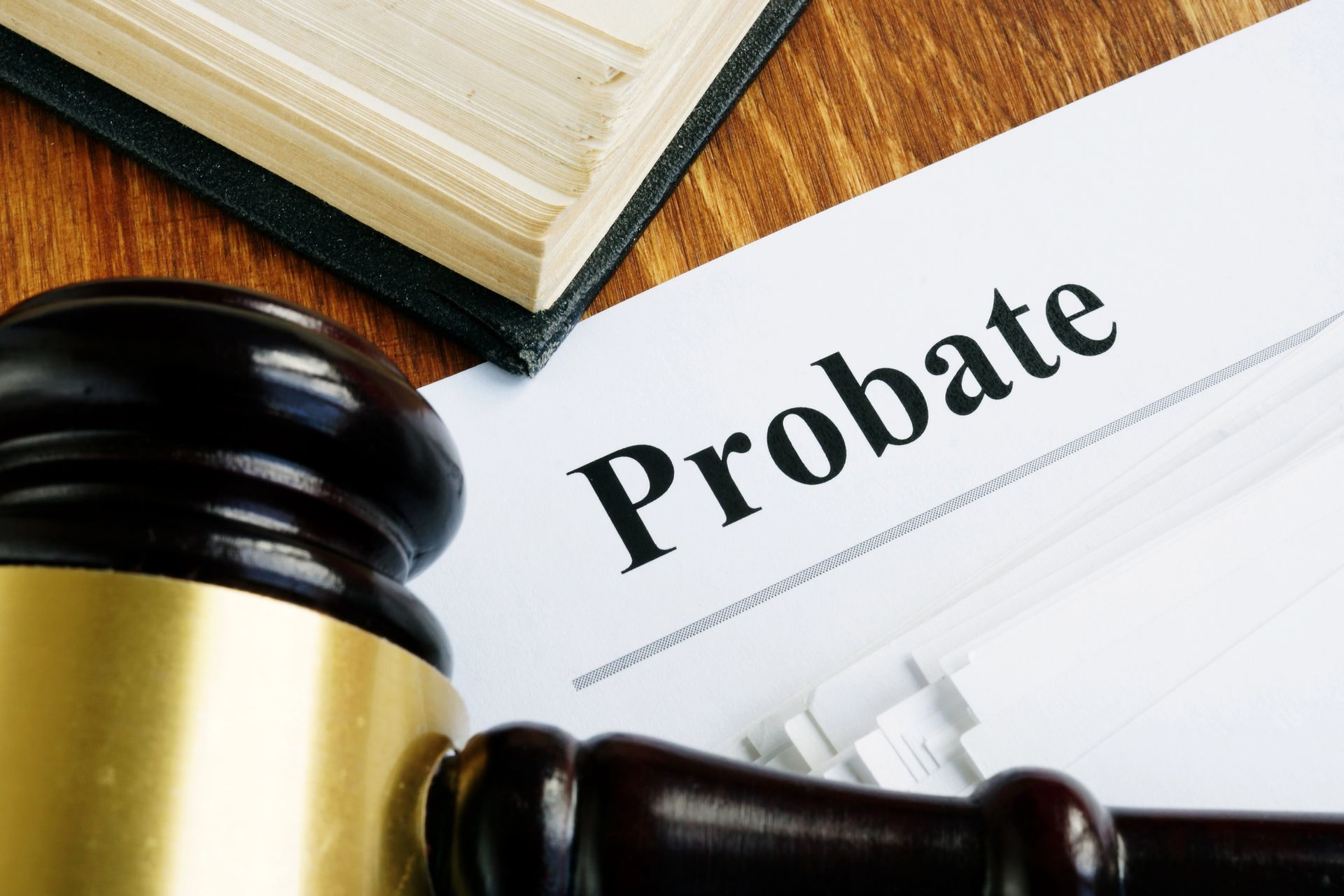Estate Planning for Higher Functioning Disabled Dependents
Ensuring Security and Peace of Mind

Estate planning is a critical process for families, but when it comes to higher-functioning disabled dependents, the stakes can feel even higher. These individuals often have unique needs that require careful consideration to ensure their long-term security and well-being. Understanding the challenges they face and how estate planning can address these concerns is essential for providing them with a stable future.
Understanding the Challenges
Higher-functioning disabled dependents may have the ability to live semi-independently, work, and manage some aspects of daily life. However, they often still require ongoing support, whether it's financial, medical, or emotional. Some of the challenges they face include:
1. Financial Vulnerability: Despite their abilities, many higher-functioning disabled individuals may struggle with managing finances. This can make them vulnerable to exploitation or poor financial decisions that could jeopardize their long-term security.
2. Healthcare Needs: These dependents may have ongoing medical needs that require regular attention. Ensuring they have access to necessary healthcare services is a critical part of their overall well-being.
3. Housing Stability: Finding and maintaining suitable housing can be a challenge. Higher-functioning disabled individuals may need assistance with securing and maintaining housing that meets their needs, whether it's independent living with support services or a group home setting.
4. Legal Rights and Advocacy: Navigating the legal landscape can be complex for anyone, but it can be especially daunting for those with disabilities. Ensuring that they have the legal protections and advocacy they need is essential.
How Estate Planning Can Help
Estate planning offers a way to address these challenges and provide higher-functioning disabled dependents with the security and peace of mind they need. Key strategies include:
1. Special Needs Trusts: A Special Needs Trust (SNT) is a powerful tool that allows families to set aside assets for the benefit of a disabled dependent without affecting their eligibility for government benefits. The trust can be used to cover expenses not covered by benefits, such as education, travel, or special therapies. To learn more click
here.
2. Guardianship and Conservatorship: For dependents who may need help with decision-making, establishing a legal guardianship or conservatorship can provide them with the protection and guidance they need. This ensures that someone trusted is always available to make decisions in their best interest.
3. Healthcare Directives: Ensuring that higher-functioning disabled dependents have healthcare directives in place can give them a say in their medical care while providing clarity for caregivers. This includes creating a durable power of attorney for healthcare and a living will.
To learn more about the necessity of a power of attorney for those with disabilities
click here.
4. Letter of Intent: A Letter of Intent is not a legal document, but it can be invaluable in providing guidance to future caregivers. It outlines the dependent’s preferences, routines, and needs, helping ensure continuity of care.
5. Financial Planning: Beyond trusts, comprehensive financial planning is crucial. This includes budgeting, setting up automatic bill payments, and possibly establishing a financial advisor to help manage assets in the trust.
The Importance of Professional Guidance
Given the complexity of estate planning for higher-functioning disabled dependents, working with an experienced estate planning attorney is essential. They can help navigate the legal intricacies and ensure that the plan is tailored to meet the specific needs of the dependent, providing peace of mind for both the dependent and their family.
Estate planning for higher-functioning disabled dependents is not just about protecting assets—it's about securing a future where they can thrive, with the necessary support and resources in place. By taking proactive steps today, families can ensure that their loved ones are cared for, no matter what the future holds.
Contact us today to get started on planning for your loved one’s future!
Free Consultation
Sound legal advice is based on years of training, hard work, and passion, as well as familiarity with legislation and precedent and sound consideration. You’ll find all that and more at
Thomas J. Manzi PC.
We will get back to you as soon as possible
Please try again later
About Us
Contact info
Suite 6300
Central Islip, NY 11722











